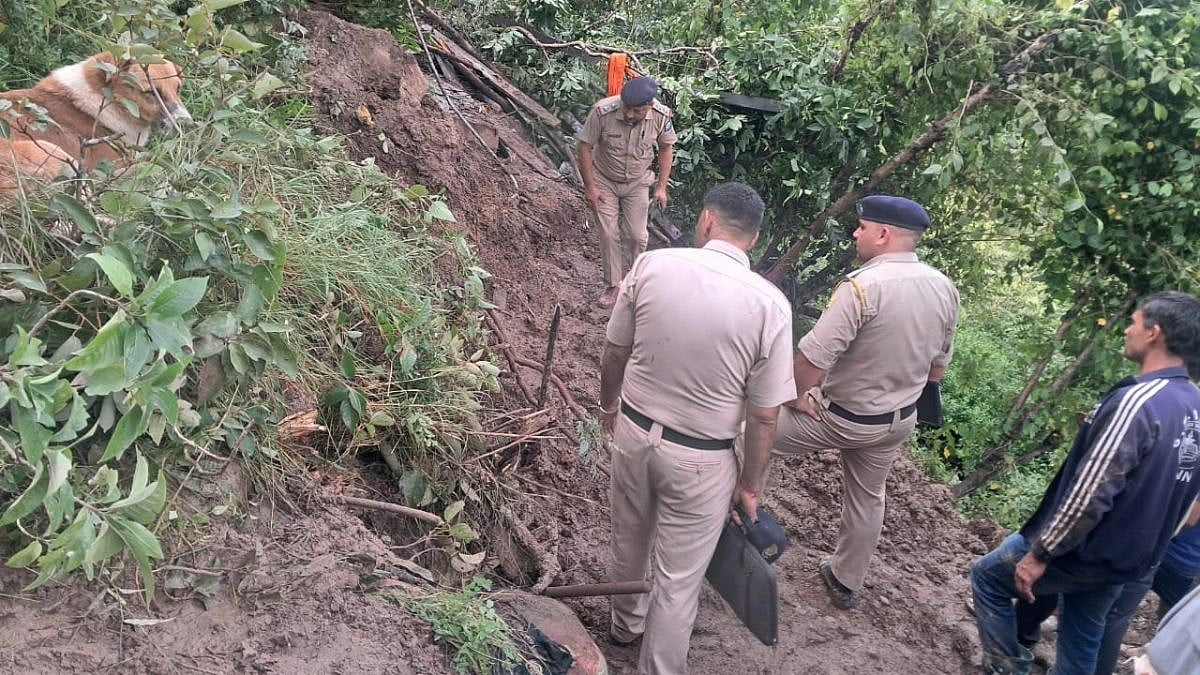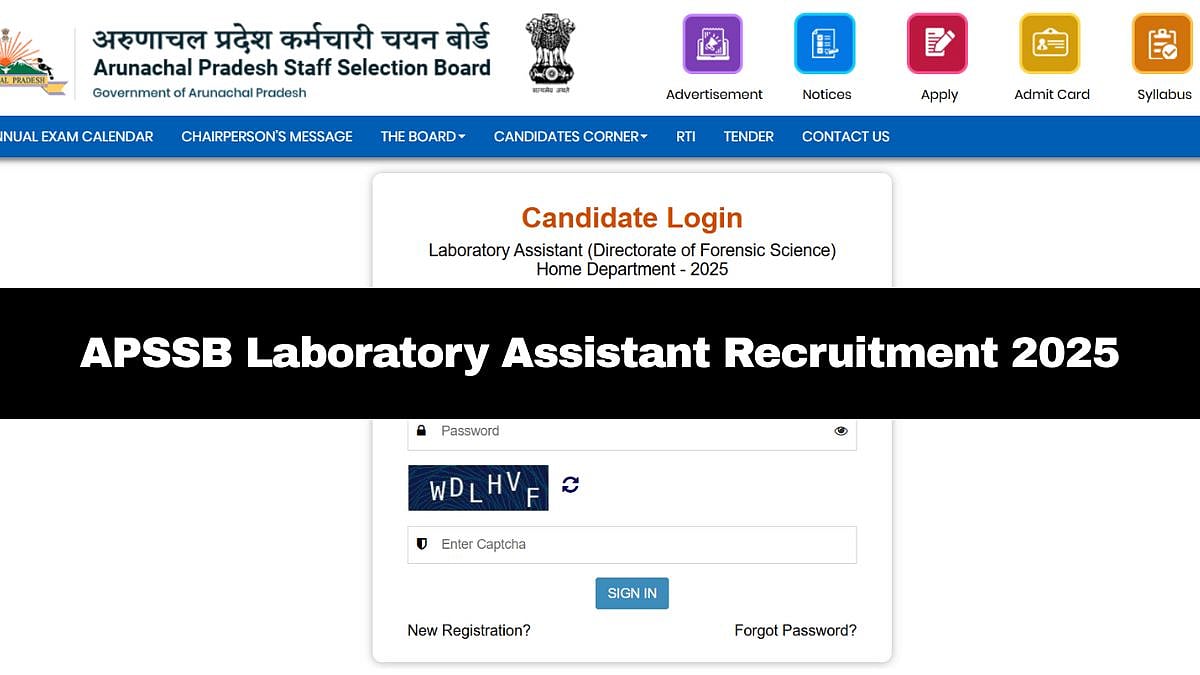In line with the recommendations of the latest National Curriculum Framework (NCF), the Central Board of Secondary Education (CBSE) is exploring the possibility of introducing Open Book Examinations (OBE) for students in classes 9 to 12. This proposed initiative aims to revolutionise the assessment process and foster critical thinking among students.
Piloting Open book tests
According to the Indian Express reports, CBSE has put forth a plan to conduct a trial phase of open-book tests in selected schools, focusing primarily on subjects like English, Mathematics, and Science for classes 9 and 10, and English, Mathematics, and Biology for classes 11 and 12. The primary objective of this pilot program is to gauge the response of stakeholders and assess students' proficiency in completing such assessments.
Previous experiments with Open Text Based Assessment (OTBA) by CBSE for classes 9 and 11 from 2014 to 2017 provide valuable insights. While these initiatives received mixed feedback from students and educators, they served as a foundation for exploring more innovative assessment methods.
Consulting with Delhi University
CBSE plans to consult with Delhi University (DU), which introduced open-book exams during the COVID-19 pandemic. Despite initial resistance, DU's implementation underscored the feasibility and effectiveness of such assessment methods, highlighting the need for adaptability in challenging circumstances, as reported by Indian Express.
Open book examinations represent a departure from traditional exam formats, emphasising higher-order thinking skills over memorisation. By allowing students to access reference materials during exams, CBSE aims to foster critical thinking and problem-solving abilities, encouraging a shift away from rote learning approaches.
The potential introduction of Open Book Examinations reflects CBSE's commitment to modernising the assessment framework in line with evolving educational paradigms. This initiative underscores the board's efforts to embrace innovation and adapt to changing educational needs, ensuring a more holistic approach to student evaluation.











